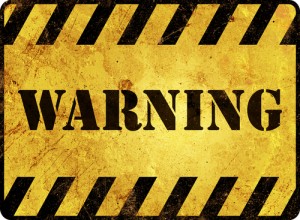After a lot of hand-wringing and emotional debate, the FDA has pulled Roche’s Avastin drug for breast cancer treatment in the U.S. off the market. The decision stems from research showing that there is no conclusive proof that consumption of the drug extends the lives of breast cancer patients, while it presents dangerous side effects including severe high blood pressure, massive bleeding, heart attack or heart failure, and perforations in the stomach and intestines.
- 2022 Breast Cancer Lawsuits: Camp Lejeune Toxic Water
In 2008, the FDA’s fast-track approval of Avastin for breast cancer was contingent upon continued studies of the drug’s usefulness, but research did not indicate that users’ tumor growth was slowed or their lives lengthened. The FDA states that they did not come to this decision lightly, and are advising that they are starting a new Phase III study of Avastin in combination with paclitaxel in previously untreated metastatic breast cancer. They will evaluate a potential biomarker that may help identify which people might derive a more substantial benefit from Avastin.
The FDA’s action is not an outright ban. The ban leaves doctors with the ability to prescribe the medication, though insurers may not pay for it. A year’s treatment for breast cancer is upwards of $100,000. Some insurers already had quit covering the drug’s use in breast cancer after FDA’s advisers urged revoking the approval, once last year and once this summer. The drug will remain on the market to treat colon, lung, kidney, and brain cancers.
This latest FDA decision is one more in a series of ongoing debate about cancer drugs and public expectations of effective treatment of life-threatening disease. The tough this here is, notwithstanding the science, some people believe that Avastin helped or is helping them, pitting science and experience against each other. I don’t know what the right answer is.
 Lawsuit Information Center
Lawsuit Information Center


